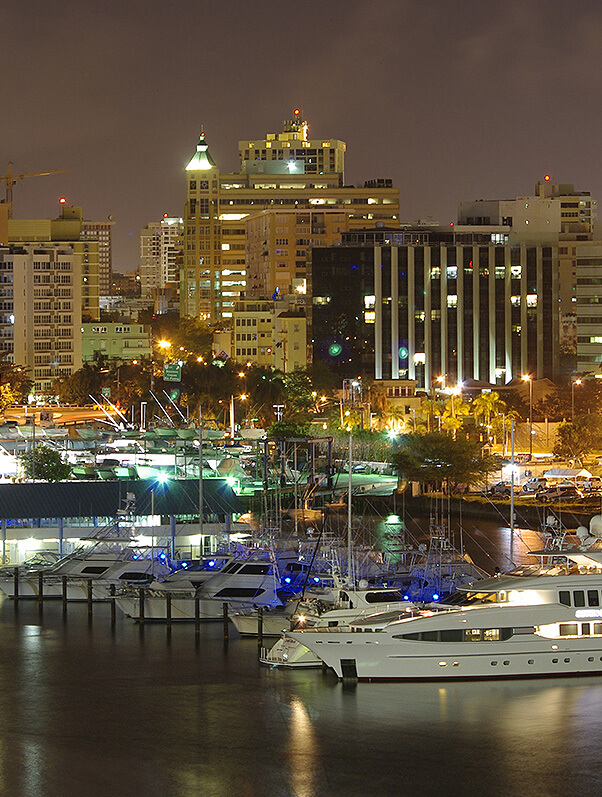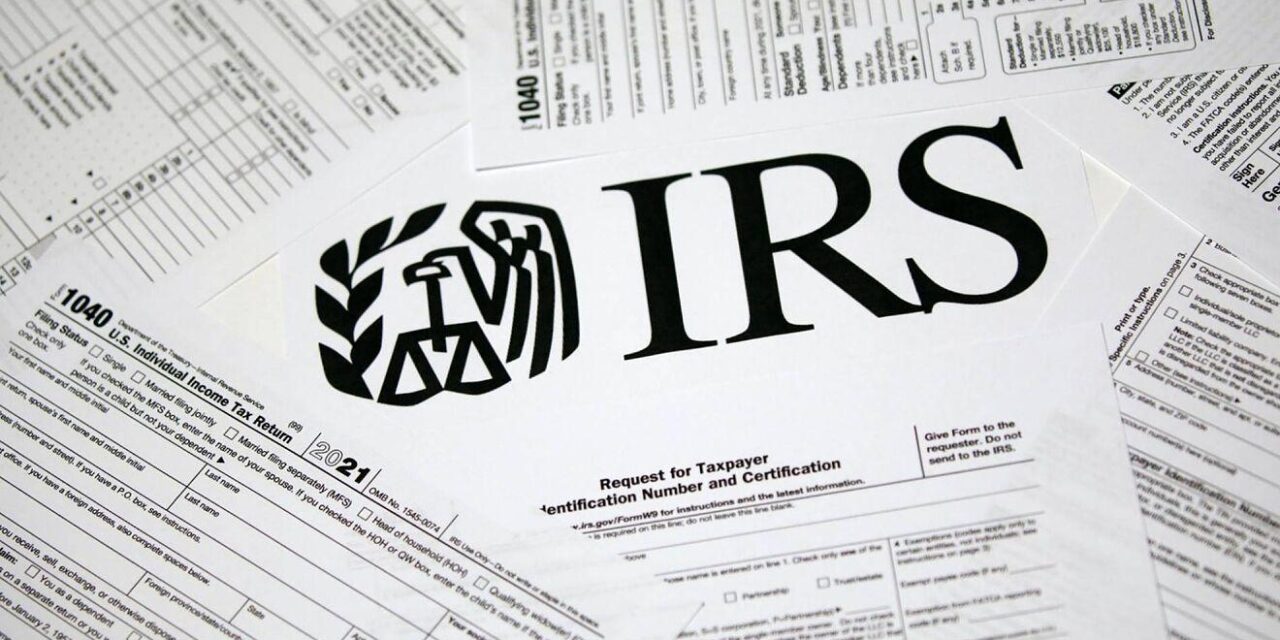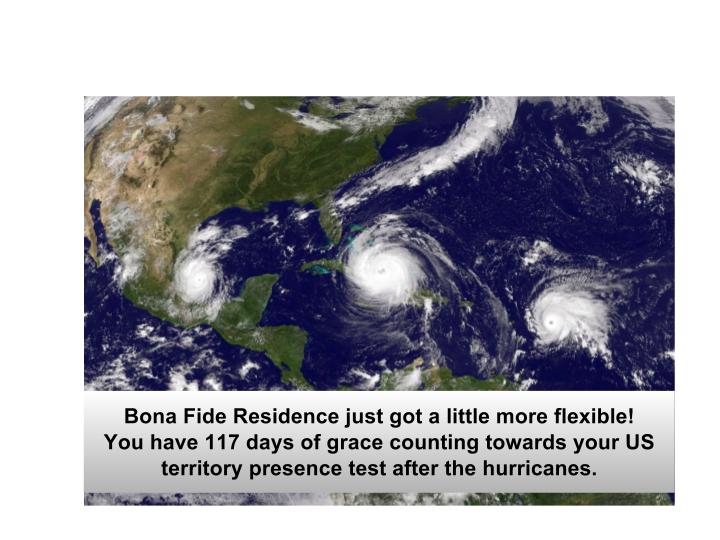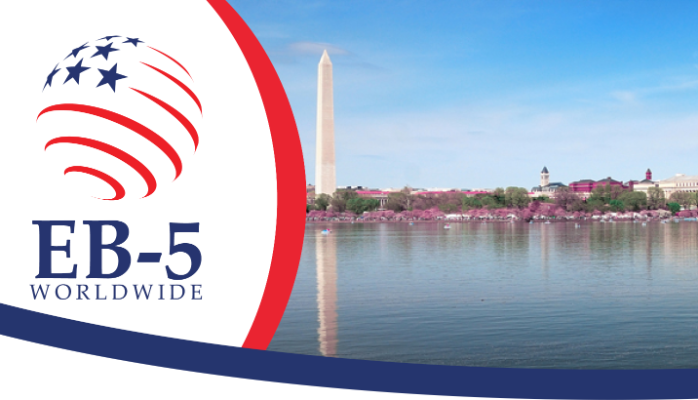What is Puerto Rico Sourced Income for an Act 20 Business
Here’s how to maximize the value of your Puerto Rico Act 20 business using the income sourcing rules. Maximizing Puerto Rico sourced income in an Act 20 business, and thus minimizing US sourced income, is the key to unlocking the 4% tax rate offered in Puerto Rico.
The rule is simple: only Puerto Rico sourced income can be attributed to the Act 20 business and qualifies for the 4% tax rate. Likewise, income sourced to the United States is taxable in the United States at standard rates, even if you run it through a Puerto Rico Act 20 company.
If you’re new to Puerto Rico Act 20, the basics are this: set up a business on the island that employees at least 5 people and pay only 4% in tax on your corporate profits. The balance can be held tax deferred if you live in the US or taken out as a tax free dividend if you live in Puerto Rico.
EDITORS NOTE: On July 11, 2017, the government of Puerto Rico did away with the requirement to hire 5 employees to qualify for Act 20. You can now set up an Act 20 company with only 1 employee (you, the business owner). For more information, see: Puerto Rico Eliminates 5 Employee Requirement
To compare Puerto Rico to typical offshore tax plans, see: Puerto Rico Tax Deal vs Foreign Earned Income Exclusion
For such a simple statement, the Puerto Rico income sourcing rule sure causes a lot of questions. Especially for those who want to live in the United States and operate a business based in Puerto Rico. The same goes for US companies that open divisions in Puerto Rico to get that 4% corporate tax rate on a portion of their profits.
If you move you and your business to Puerto Rico, and break all ties with the United States, all business income will be Puerto Rico sourced income. This is because all of the work to generate sales made after the move will have occurred in Puerto Rico.
Another reason all income in an Act 20 business will be Puerto Rico sourced income is the type of activities that qualify for Act 20. A qualifying business will offer services from Puerto Rico to businesses and persons outside of Puerto Rico. Only service based income will qualify for Act 20.
Service based income is profit from work done in Puerto Rico. Compensation for labor is always taxed where the work is performed. It doesn’t matter where the customer is located… only where you and your employees are when doing the work.
Note that wholesale distribution of products can qualify for Act 20. This is because you are performing the service of sourcing, manufacturing, and/or importing goods that will be sold outside of Puerto Rico.
This only applies to wholesale operations based in Puerto Rico selling to a distributor in the United States. Retail sales, such as selling online to buyers in the US, is not Act 20 income and will be fully taxed in both the United States and in Puerto Rico.
Of course, there are many types of income that could be earned in Puerto Rico. But, only service based income will qualify for Act 20 tax benefits.
Here is a list of the various types of income and where they are sourced.
| Item of Income | Where Income is Sourced |
| Salaries, wages, and other compensation for labor or personal services | Where labor or services are performed. This is the heart of Puerto Rico’s Act 20 for businesses. |
| Pensions | Contributions: Where services were performed that earned the pension Investment earnings: Where pension trust is located |
| Interest | Puerto Rico if you are a legal resident of the island under Act 22 |
| Dividends | Where corporation or LLC is incorporated. Dividends from an Act 20 corporation will be tax free in Puerto Rico to a resident of the territory who qualifies under Act 22. Dividends from US states are taxable where the company is formed. |
| Rents | Location of property |
| Royalties on patents, copyrights, trademarks, etc.: | Where property is used. If used by the Puerto Rico company, then taxed in Puerto Rico. Special benefits can apply to intellectual property created in in Puerto Rico. |
| Sale of business inventory—purchased | Where sold. If you sell a physical good (inventory) in to the United States, you have US sourced income. For this reason, all Puerto Rico Act 20 businesses must offer a SERVICE and not sell inventory. |
| Sale of business inventory—produced | Allocation if produced and sold in different locations |
| Sale of real estate | Taxed where the property is located |
| Sale of personal property | Seller’s tax home. Personal property includes such things as cars, trucks, money, stocks, bonds, furniture, clothing, bank accounts, money market funds, certificates of deposit, jewels, art, antiques, pensions, insurance, etc. |
Above, I gave you the example of the perfect client – someone who moves herself and her business to Puerto Rico, breaking all ties with the United States. Such a person will maximize Puerto Rico sourced income and thus minimize her total taxes.
For more on this topic, see: How to Maximize the Tax Benefits of Puerto Rico
If you want to live in the United States and operate through a Puerto Rico company, determining Puerto Rico sourced income becomes much more difficult and contentious.
The rule is simple enough: Any value added in Puerto Rico is Puerto Rico sourced income and any value added in the United States is US sourced income. So, if you’re selling an online service for $50, and $25 of the value of that service comes from your 5 employees in Puerto Rico, then half your net profits can be attributed to Puerto Rico.
When you’re attributing income between the US with its 35% Federal + state taxes and Puerto Rico at 4%, you will want to maximize the perceived value of the work done in Puerto Rico.
For small businesses, you can look at the amount of hours spent in Puerto Rico vs the US. You can also estimate the value of work done in Puerto Rico by how much you would be willing to pay an independent and unrelated firm to provide those services to your US company.
When income sourcing between Puerto Rico and the US is a major issue ($1 million or more), then you need to hire a professional. Many large accounting firms have groups specialized in producing transfer pricing studies between the territory and the US. They will create a pricing model that will stand up to IRS scrutiny and remove any risk should you be audited.
The cost for a transfer pricing study will vary widely the the firm selected and the type of business you are operating. I’ve seen quotes of $6,000 to $65,000 by big name firms in California and New York, as smaller providers in Puerto Rico.
I hope this information on what is Puerto Rico sourced income for an Act 20 business has been helpful. For more information, please contact me at info@premieroffshore.com or call (619) 483-1708. I will be happy to help you structure your business in Puerto Rico.












Leave a Reply
Want to join the discussion?Feel free to contribute!